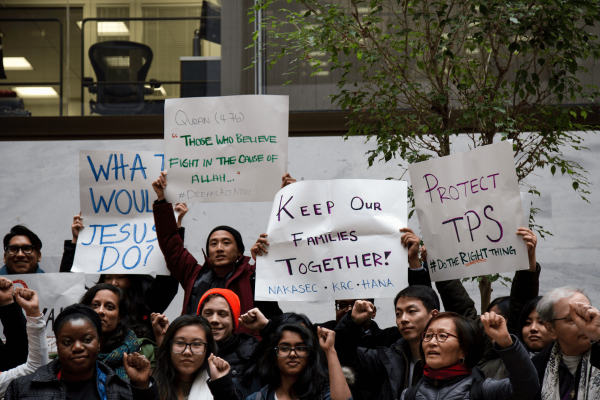Jan 18, 2018
Throughout the week, faith leaders and DACA recipients — young immigrants who were guaranteed protection from deportation under an Obama-era program, since rescinded by President Trump — have urged legislators to refuse a vote on a spending bill to fund the government if it does not include a Dream Act. Trump said he would sign the current version of the bill, up for vote in the House as soon as Thursday evening. That version does not include protections for DACA recipients — a potential make-or-break piece that could force a government shutdown Friday.
Read the Full Article

Already a subscriber? Login
